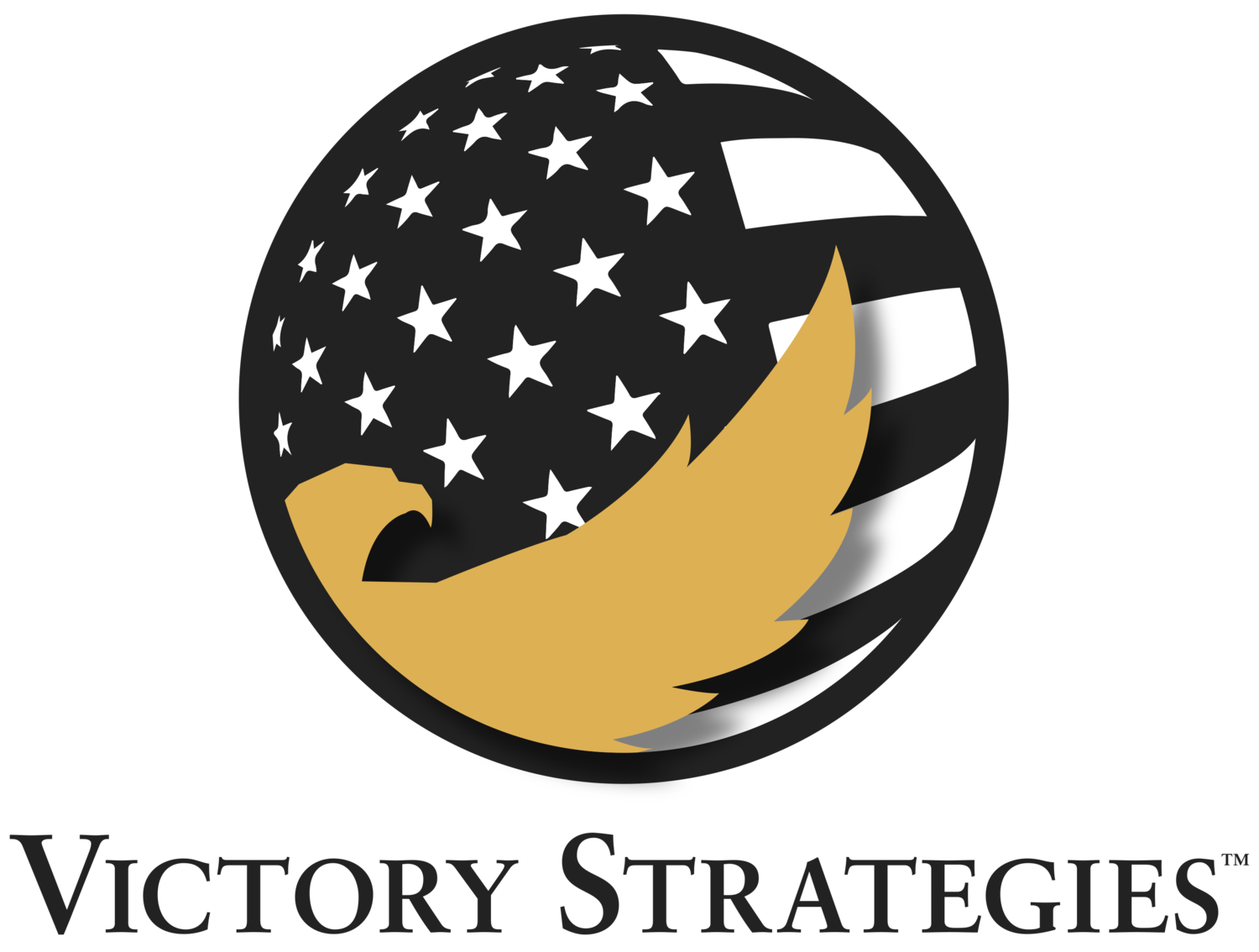I can’t help but notice over the last several years the basics of decision-making appear not so basic anymore. One thing is for certain, we’re all faced with important decisions, personally and/or professionally. In my opinion, such an important thing merits universal basics to apply.
Baseball legend Yogi Berra once said, “when you come to a fork in the road, take it!”. While humorous, it also reminds me to deal with things straight-on and don’t fall victim to paralysis-by-analysis. That said, context matters and thoughtfully working through things is not overanalyzing. I often tell my children, “Order matters!” When faced with big decisions, the order of your considerations also matter. At a basic level, I anchor my approach to answering these three questions, in this order.
What are your values?
What are your options?
What is the risk-reward or cost-benefit?
What are your VALUES?
Inherit to anyone’s personal values is weighting the importance of one over another. Put simply, prioritizing. For example, I value family and a healthy routine. While I normally exercise several days a week and eat healthy, this is not the case during family vacations. It’s more important to build enjoyable family memories, which tends to rhyme with a carb-loaded breakfast and a bowl of ice-cream after dinner. Two relevant takeaways from this example. One, while I value two separate things, they’re not equals, they’re prioritized. Two, context matters.
You are the most important variable in the decision-making calculus. You are the WHY behind anything that you do. Consequently, if you’re not thoughtful about what your values are before a big decision, then you’re ceding the most critical dynamic to something less important. Other things are important, but by beginning with your values, you narrow the filter of options that are palatable to you.
What are your OPTIONS?
While understanding one’s values is internally focused, understanding one’s options considers external factors. Nowadays, we appear on solid footing when focusing on self, but when one considers the reality of their options, the wheels fall off. Especially in the space of one’s occupation, there’s no shortage of folks describing their ideal situation. Even worse, the person who isolates one trivial collateral responsibility that is “beneath them” ends up trashing the entire option.
I consider myself an animal learner. I love devouring new information. I am a fan of classrooms and using textbooks. That said, I’m under no disillusion on the world we live in relative to theories that function in a vacuum of purity. Too often when faced with big decisions people consider the theoretical vice the reality of their actual options.
When considering options, build a list of what your current environment offers. If you’re willing to change your current environment, then include those options as well. More often, life’s momentum inhibits the willingness to change environments. I’m not arguing either side of that issue, rather highlighting the necessity to find clarity on it. By filtering real options, you can compare concrete pros and cons, vice hanging out in the clouds of idealism. The right decision is not about the perfect outcome, it’s about maximizing the best option relative to your options.
What is the RISK-REWARD or COST-BENEFIT?
If you start by thoughtfully prioritizing your values to the context of your decision and use those principles to drive your available options, then you have the freedom to focus entirely on the risk-reward of the options on the table. The risk-reward aspects are relevant, but more superficial than the principles that anchor your happiness. If you jump to a cost-benefit analysis at the outset before linking options to your values, you’re playing Russian Roulette with what’s most important to you.
Risk-Reward and Cost-Benefit seems obvious, but many times the actual comparison is missed. Rather, someone will focus solely on the reward or only the risk. For example, let’s say you’re a middle-aged male in his 40’s and enjoy hanging out with your friends in an athletic endeavor. Your friends invite you to join them in some hockey at the local beer league. On the reward side, you can’t wait to join them for the game and the laughs. On the risk side, you’re a sub-average skater, never played before, and hate being injured. If you only focus on the camaraderie, you’re all in. If you just worry about getting injured, you’ll quickly pass. The critical piece here is pitting one against the other. Is the reward of camaraderie, laughs, and athletic competition worth the risk of injury? For some it is. For others, not so much.
Conclusion
I’m a fan of the journey over the outcome. While results matter, it’s only our arrogance that fools us to believe we control the outcome. The thing we control in this unpredictable and chaotic world is what we do… our process, our approach. When faced with a big decision, ask and answer these three questions in this order. If you do it honestly and thoughtfully, then I’d argue you made the right decision - - regardless of the outcome.
Authored By: Adam Weiner, Director

